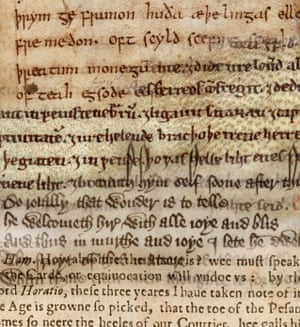There are quite many kinds of tea available in the market like red, yellow, pink, oolong, black, green and a few more. There is blue tea too!
Okay, no I am kidding there is no blue tea yet. But you never know, the next time you re-read this post for the 10th time you might be sipping on some blue tea ;)
Getting back to the question. Both are made of the leaves of the same Camellia sinensis plant.
Then what makes two tea different?
Green tea is something made of green leaves and black tea is made of black leaves hence the color and the taste. Yea simple answer.
The key difference is for the Black tea the leaves are first rolled, exposed to air to trigger the fermentation process whereas for the Green tea the leaves are pan-fried to prevent the fermentation.
Leaving Black tea more Intense and High flavor compared to the Low and Light-colored Green Tea.
According to research,
Both Black and Green tea has many common benefits
1. Great alternatives to Coffee as less in caffeine content making it a healthier daily choice to kickstart your day!
COFFEE> BLACK TEA> GREEN TEA (Caffeine content)
2. Taking it in moderate amounts daily can help to regulate blood pressure
3. Could also reduce the risk of heart disease by 11%
Though made from same plant Green tea inches a little higher as its very rich in antioxidants(due to low fermentation) and has additional benefits like
great for teeth, fat loss, promoting digestion, improving mental processes, etc
A recent study has shown that a moderate amount of either black or green tea in a person's diet can be beneficial in the long run.
So it would not widely differ which tea you opt for as both are beneficial in their way. Black tea can get you through a hectic day whereas green tea can boost and fix your cringy mood for little lesser caffeine.
It turns out that Green Tea and Black tea maintain a State of Equilibrium (though not equal).
BONUS Info- The widely consumed beverage was found by an accident!
( Amusing isn't it to find something we cannot do without was not found on purpose but found by accident, read on)
Tea was found when tea leaves accidentally fell into a pot of boiling water paving the way for the TEA as we know.
Okay, no I am kidding there is no blue tea yet. But you never know, the next time you re-read this post for the 10th time you might be sipping on some blue tea ;)
Getting back to the question. Both are made of the leaves of the same Camellia sinensis plant.
Then what makes two tea different?
Green tea is something made of green leaves and black tea is made of black leaves hence the color and the taste. Yea simple answer.
The key difference is for the Black tea the leaves are first rolled, exposed to air to trigger the fermentation process whereas for the Green tea the leaves are pan-fried to prevent the fermentation.
Leaving Black tea more Intense and High flavor compared to the Low and Light-colored Green Tea.
According to research,
Both Black and Green tea has many common benefits
1. Great alternatives to Coffee as less in caffeine content making it a healthier daily choice to kickstart your day!
COFFEE> BLACK TEA> GREEN TEA (Caffeine content)
2. Taking it in moderate amounts daily can help to regulate blood pressure
3. Could also reduce the risk of heart disease by 11%
Though made from same plant Green tea inches a little higher as its very rich in antioxidants(due to low fermentation) and has additional benefits like
great for teeth, fat loss, promoting digestion, improving mental processes, etc
A recent study has shown that a moderate amount of either black or green tea in a person's diet can be beneficial in the long run.
So it would not widely differ which tea you opt for as both are beneficial in their way. Black tea can get you through a hectic day whereas green tea can boost and fix your cringy mood for little lesser caffeine.
It turns out that Green Tea and Black tea maintain a State of Equilibrium (though not equal).
BONUS Info- The widely consumed beverage was found by an accident!
( Amusing isn't it to find something we cannot do without was not found on purpose but found by accident, read on)
Tea was found when tea leaves accidentally fell into a pot of boiling water paving the way for the TEA as we know.

